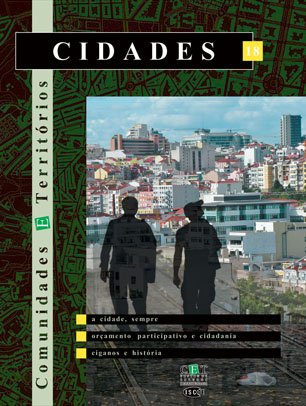Participatory Budget of Porto Alegre: Genesis, advances to the limits of an idea that is globalized
Keywords:
participative budget genesis and methodology, co-management, dilemmas and contradictionsAbstract
This article deals with the context of the emergence of the local management practice known as Participative Budget in Porto Alegre, capital of southern Brazil with 1.4 million inhabitants. The article demonstrates that this innovation of participatory democracy was the result of a sinuous and indeterminate trajectory (with crises and contradictions irreducible to definitive solutions) and also of the synergistic encounter between some variables that formed a virtuous cycle in the relation between the new agents of the State and popular civil society actors fighting for the right to citizenship in the final period of the military dictatorship in the country (1979-1985). After contextualization, which demonstrates the misunderstanding of the mechanical replication of the "model" in other realities, a synthesis of the mode of operation of the Participatory Budget is presented, as well as the results, potentialities and limits that challenge the historical evolution of this democratic invention. The challenges are partly due to the alternation of power after 16 years of PT governments, but also due to the lack of initiatives to realize the constant changes that dynamic processes require.
Downloads
Published
Issue
Section
License
CIDADES, Comunidades e Territórios by DINÂMIA'CET-Iscte is licensed under a CC-BY licence.






